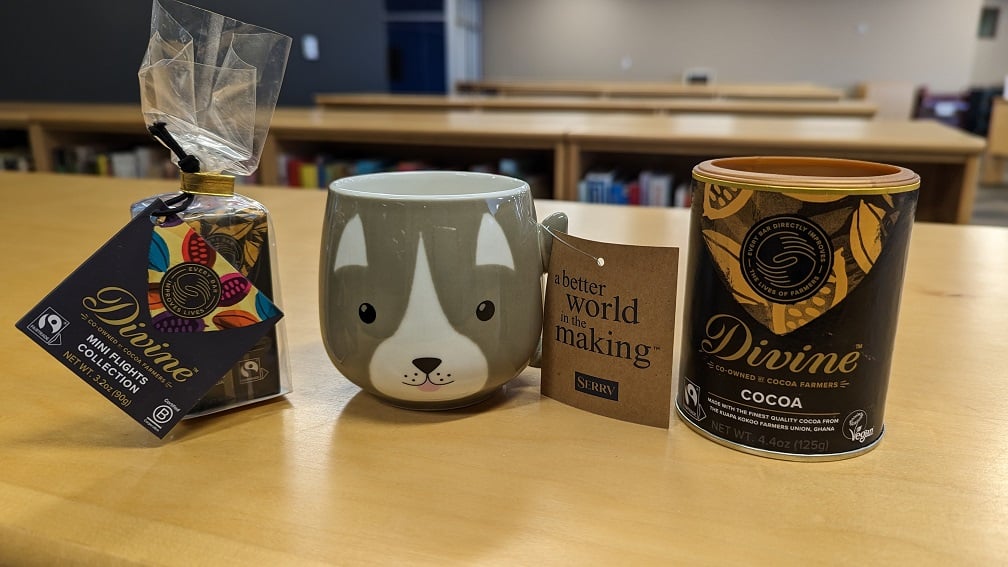
Moraine Park Technical College was named the first Fair Trade technical college in the U.S. in May 2015. Fair trade supports farmers and artisans in developing countries.
Fair Trade certification promises a high standard including quality products, fair pay for producers, environmentally safe practices, safe working conditions, no child labor, no human trafficking, and more.
Students can learn more about Fair Trade and enter to win a prize for Valentine’s Day at the campus libraries! Enter to win the week of February 6th for the drawing that will be held Monday, February 13th.
The Fair Trade Valentine prize includes a mug, cocoa, and mini chocolates.
This year, you can also support Fair Trade by signing the Fair Trade Campaign’s virtual valentine. The collective virtual valentine was created for advocates to upload valentines, gratitude messages, poems, photos, and more to be shared with farmers and workers at Fair Trade Certified™ flower farm and processing center, Florecal.


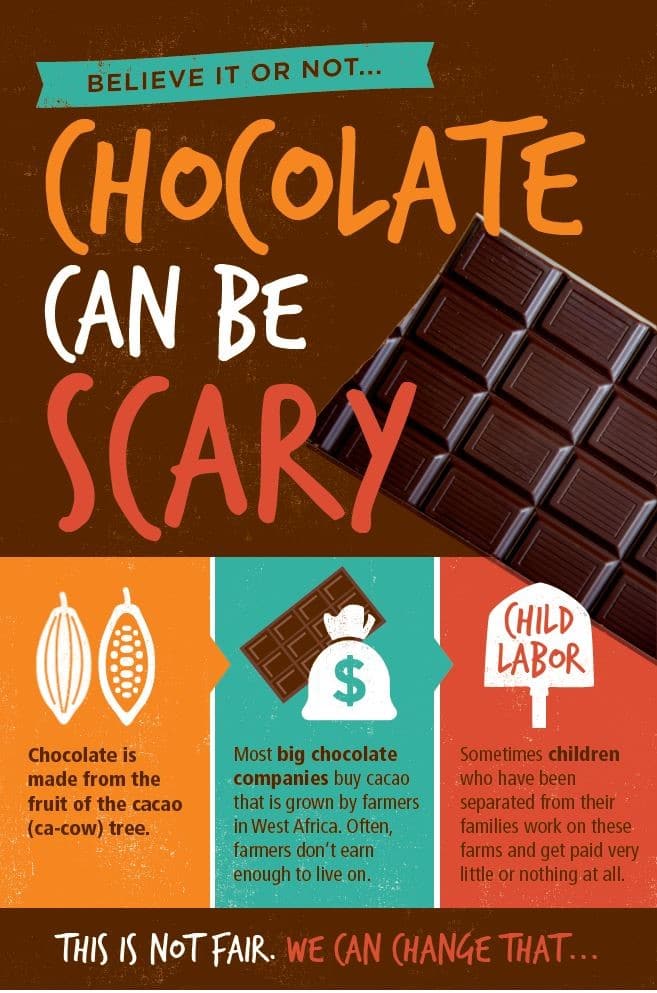
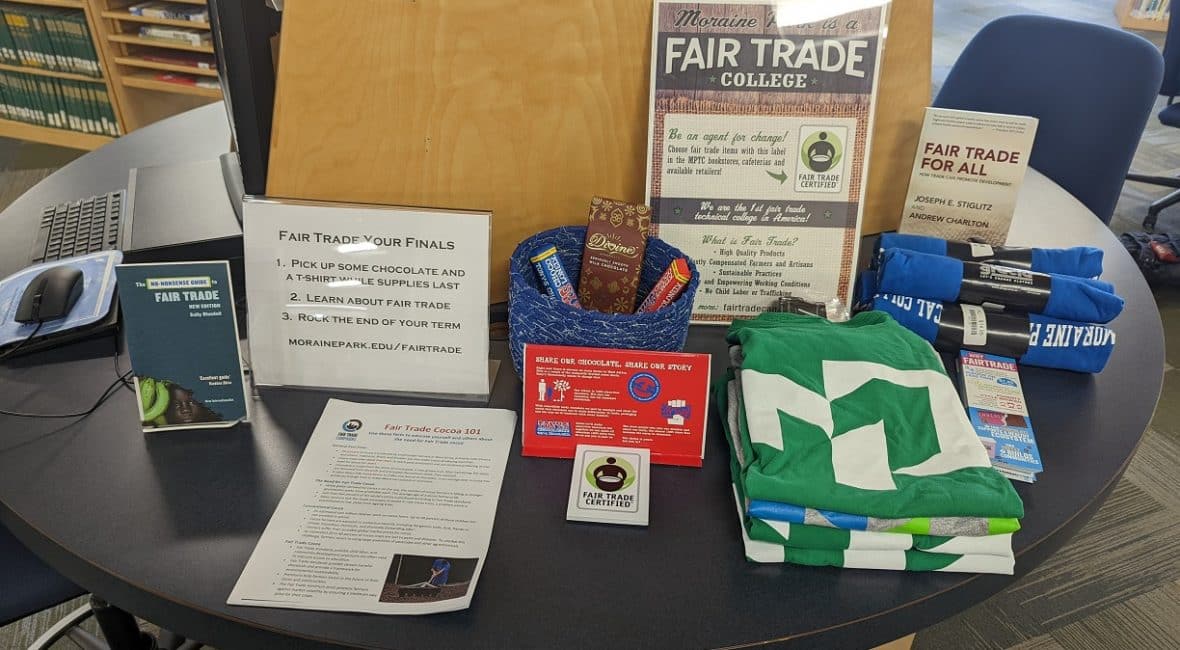
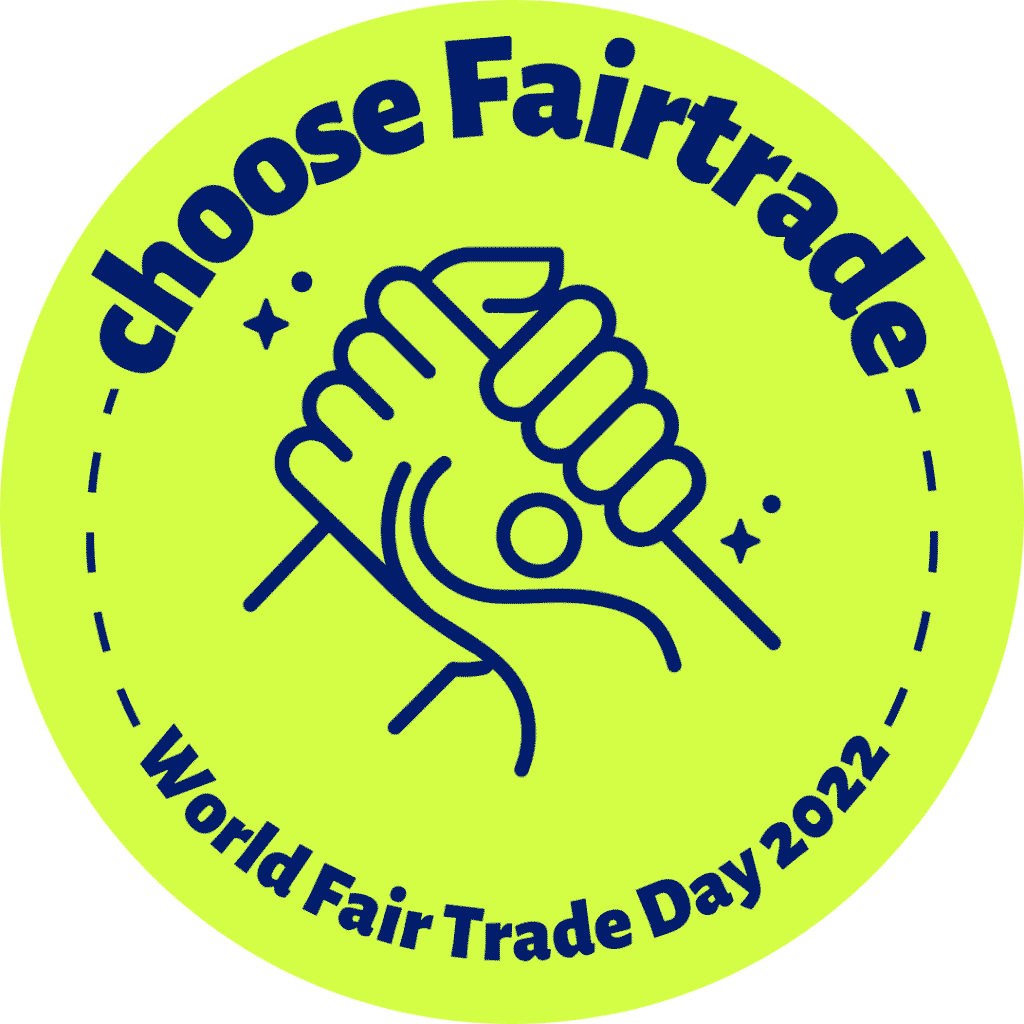


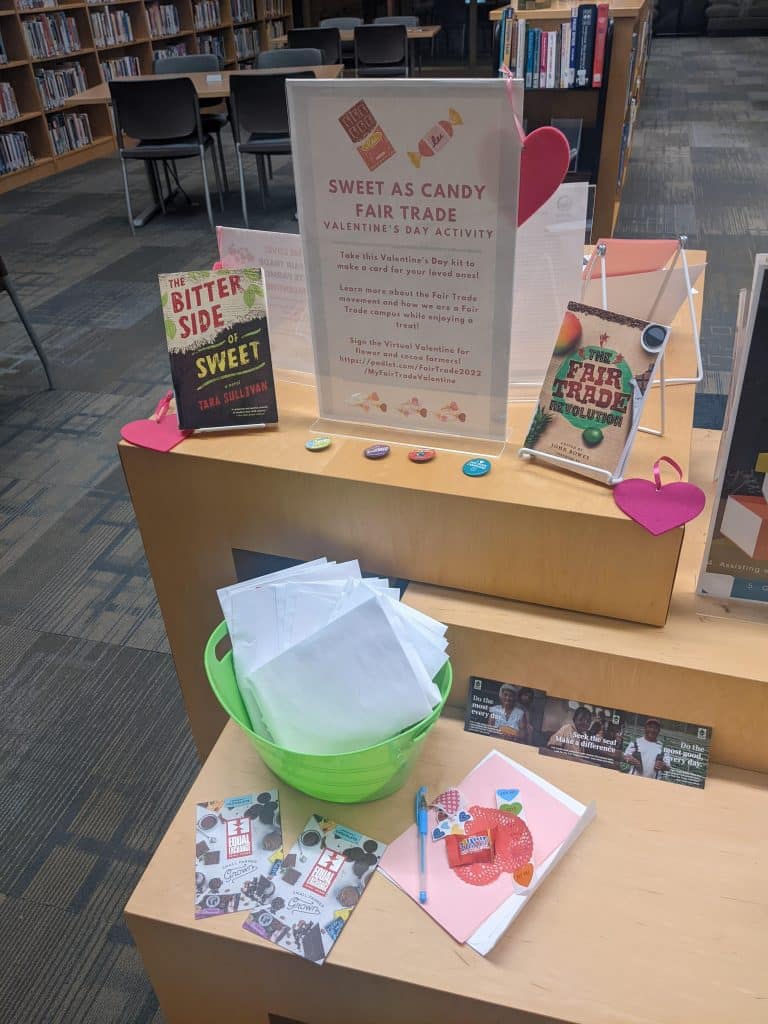


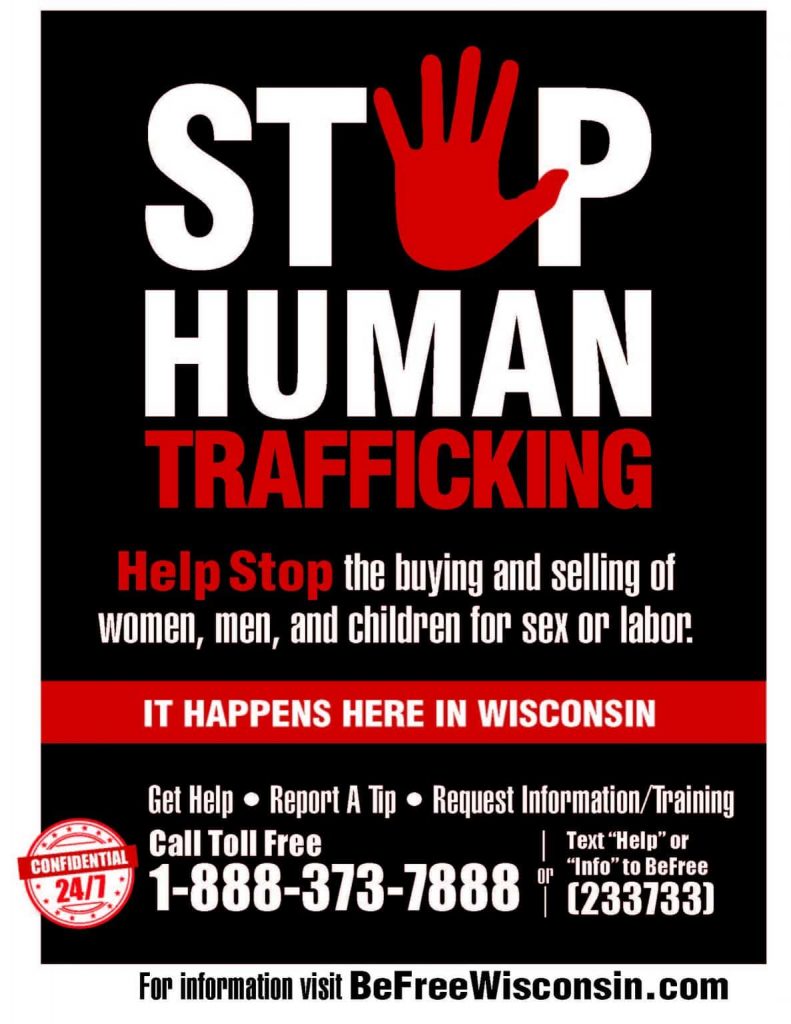
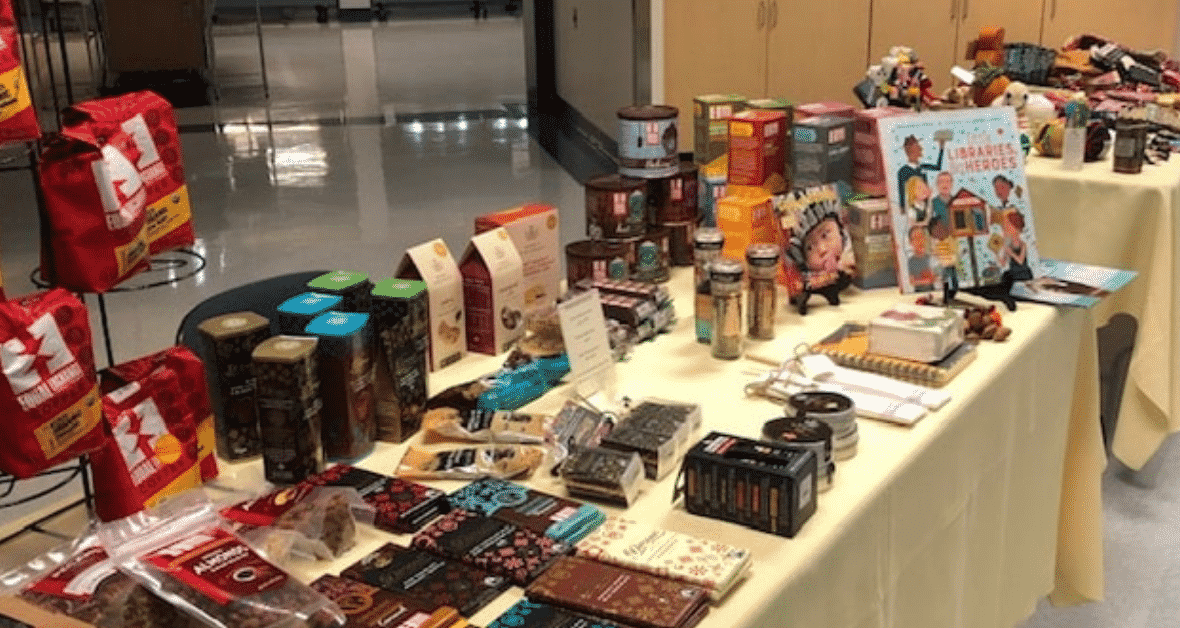
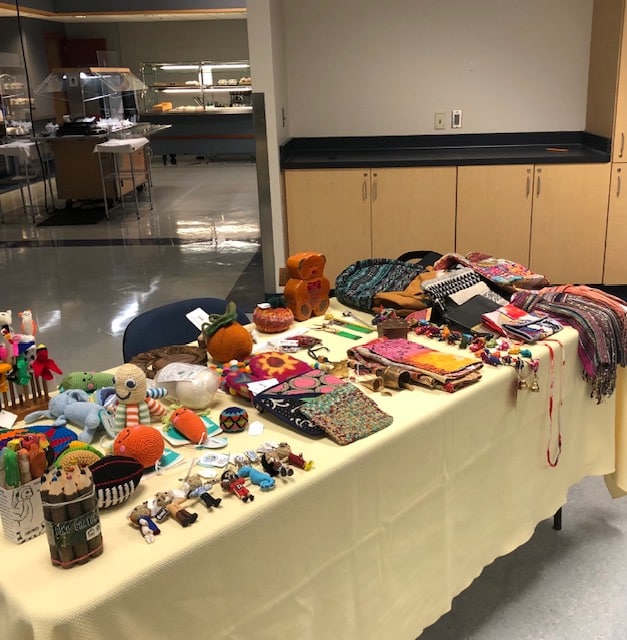
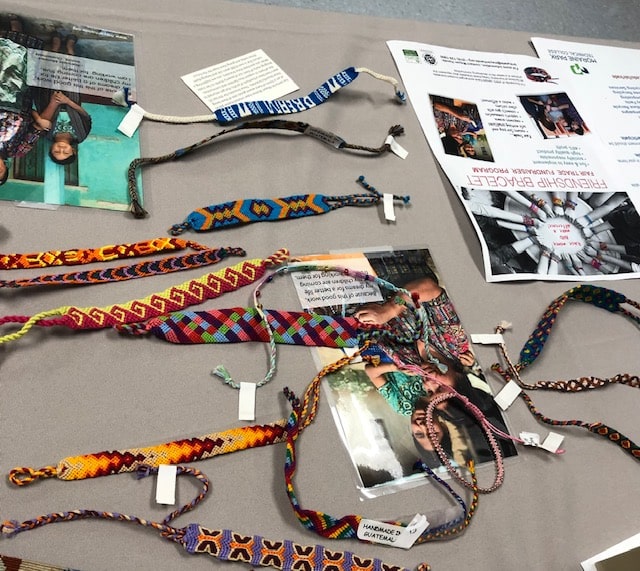
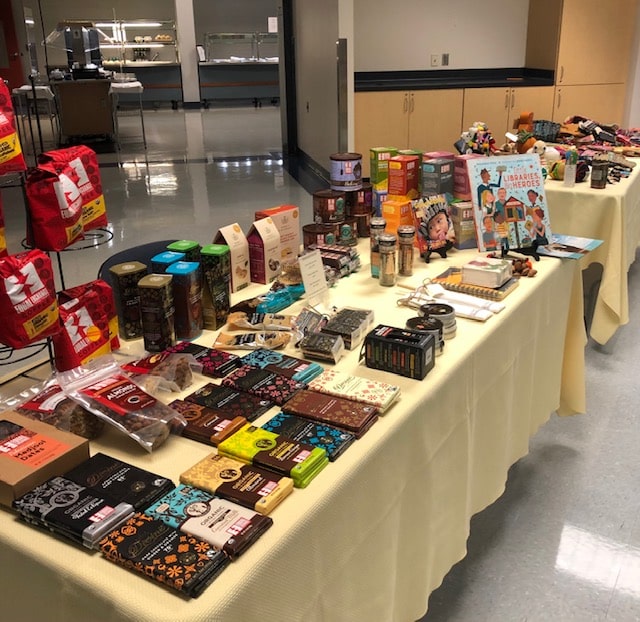

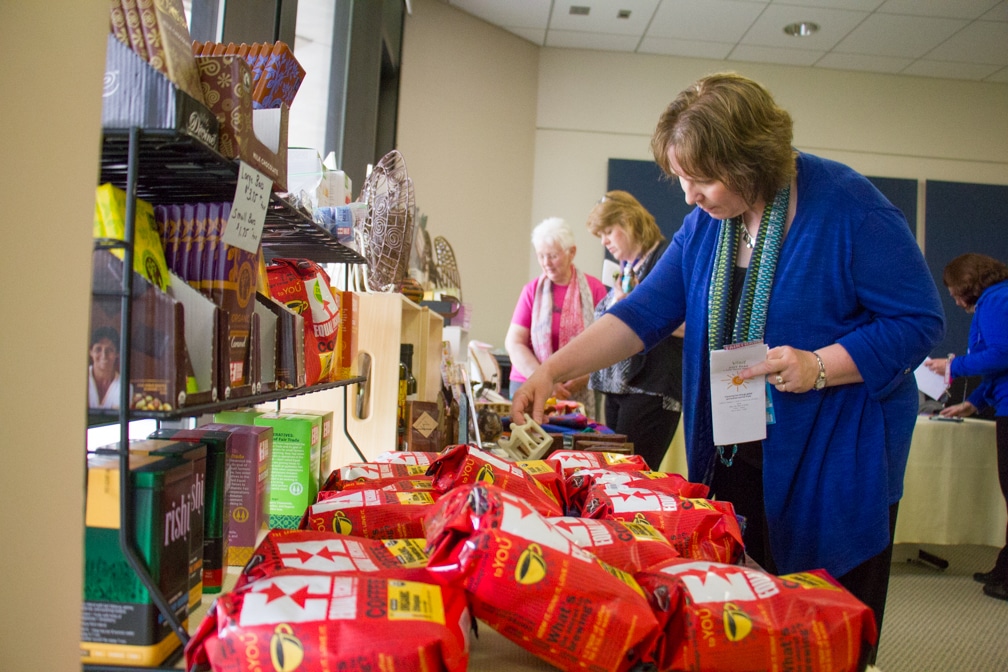
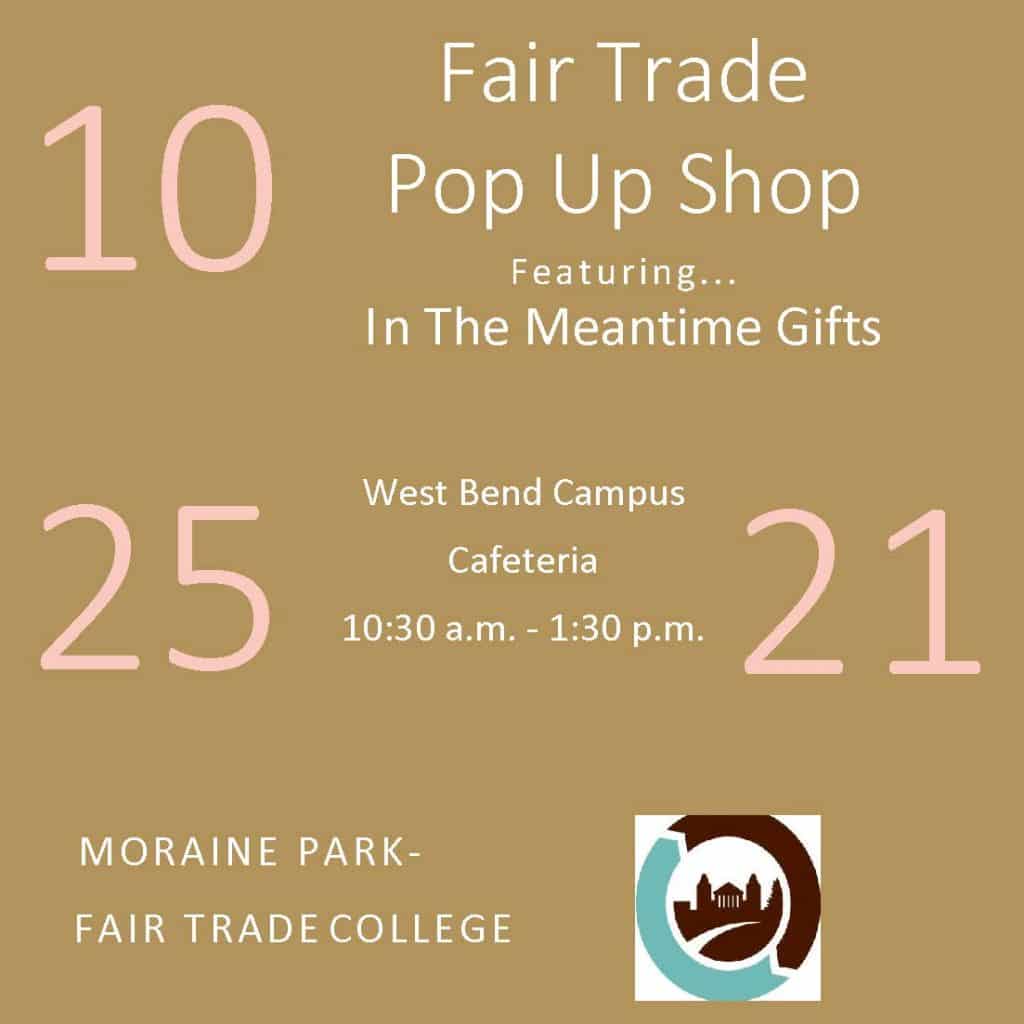
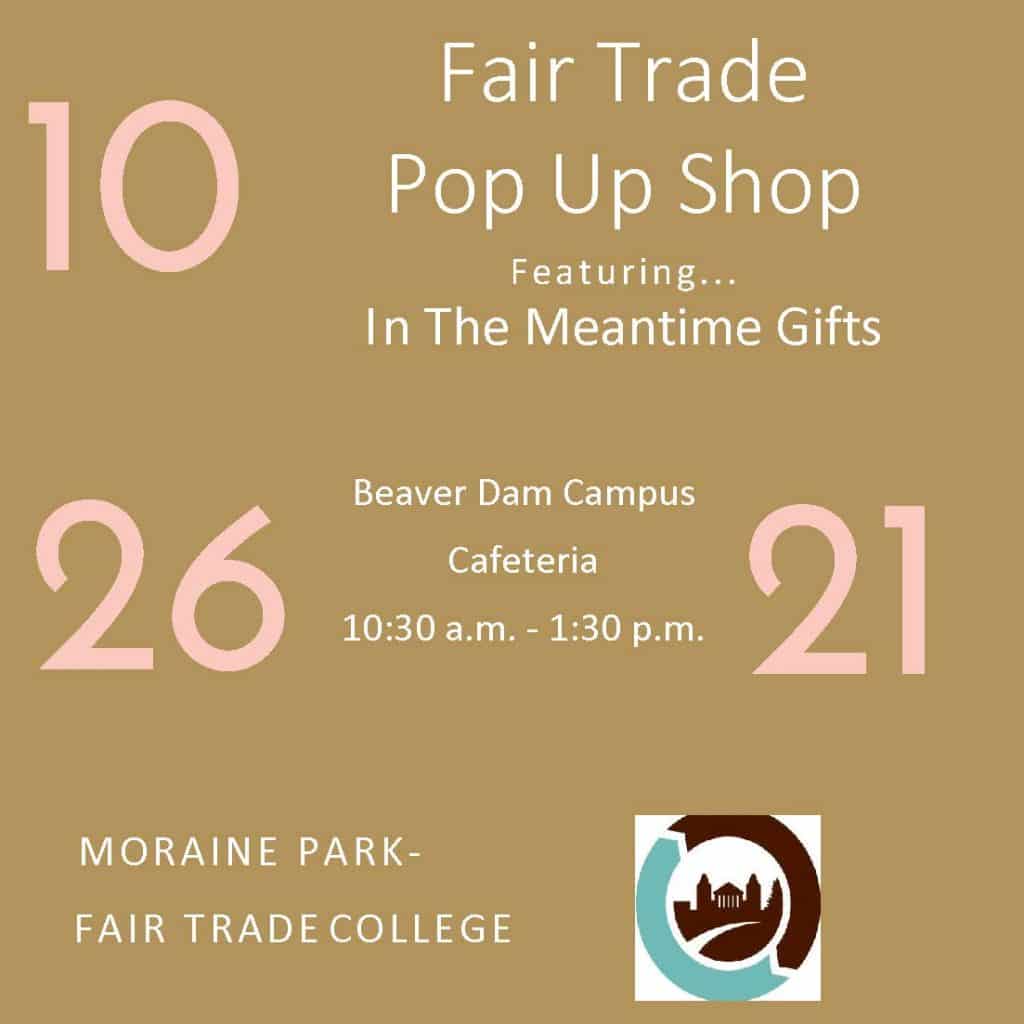
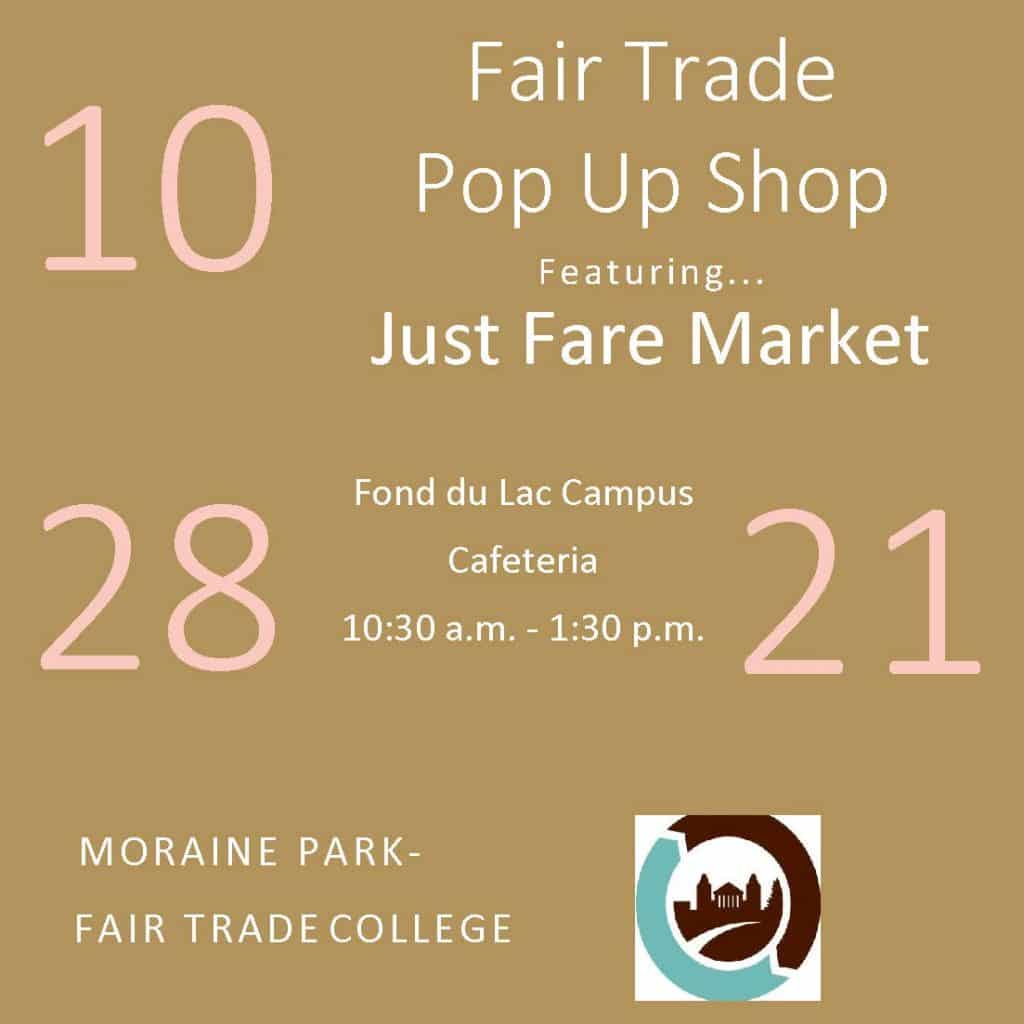
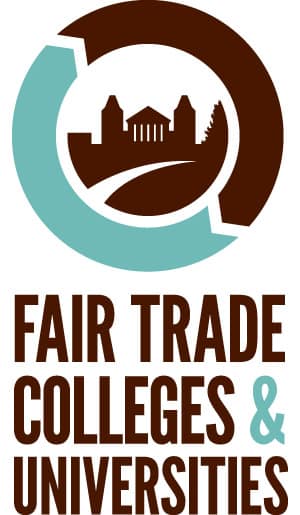


Recent Comments